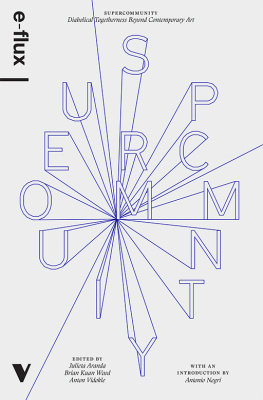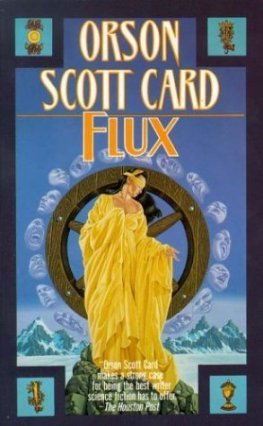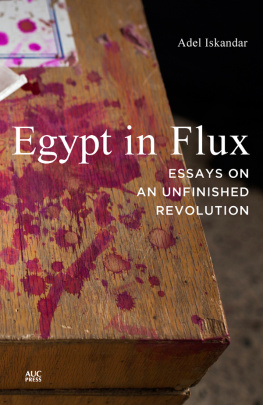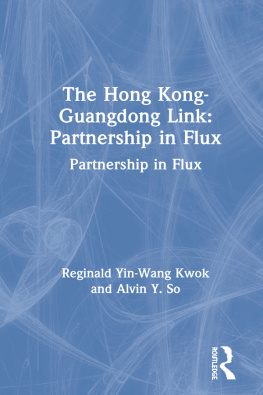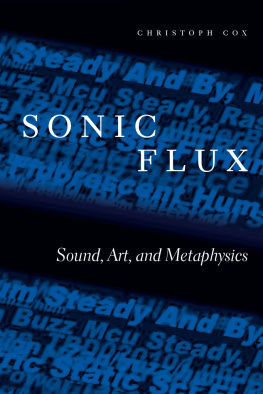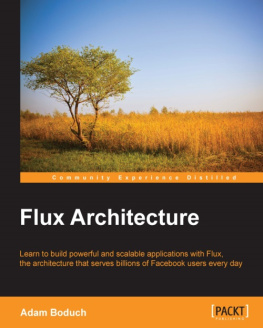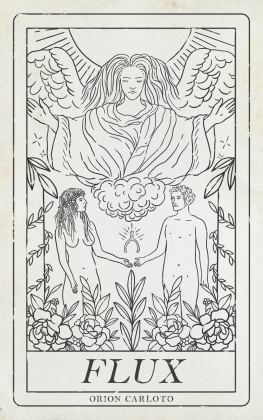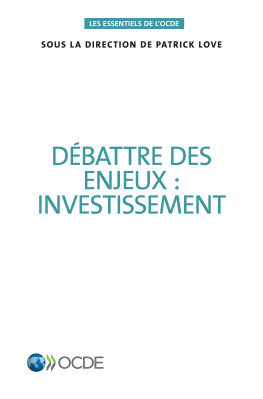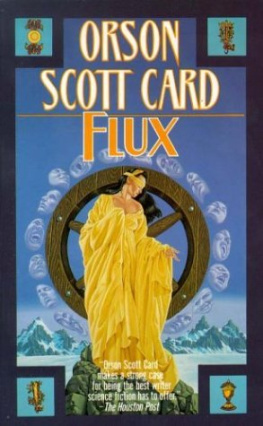E-Flux - Supercommunity
Here you can read online E-Flux - Supercommunity full text of the book (entire story) in english for free. Download pdf and epub, get meaning, cover and reviews about this ebook. year: 0, publisher: Verso Books, genre: Romance novel. Description of the work, (preface) as well as reviews are available. Best literature library LitArk.com created for fans of good reading and offers a wide selection of genres:
Romance novel
Science fiction
Adventure
Detective
Science
History
Home and family
Prose
Art
Politics
Computer
Non-fiction
Religion
Business
Children
Humor
Choose a favorite category and find really read worthwhile books. Enjoy immersion in the world of imagination, feel the emotions of the characters or learn something new for yourself, make an fascinating discovery.
- Book:Supercommunity
- Author:
- Publisher:Verso Books
- Genre:
- Year:0
- Rating:4 / 5
- Favourites:Add to favourites
- Your mark:
- 80
- 1
- 2
- 3
- 4
- 5
Supercommunity: summary, description and annotation
We offer to read an annotation, description, summary or preface (depends on what the author of the book "Supercommunity" wrote himself). If you haven't found the necessary information about the book — write in the comments, we will try to find it.
Supercommunity — read online for free the complete book (whole text) full work
Below is the text of the book, divided by pages. System saving the place of the last page read, allows you to conveniently read the book "Supercommunity" online for free, without having to search again every time where you left off. Put a bookmark, and you can go to the page where you finished reading at any time.
Font size:
Interval:
Bookmark:

Beyond Contemporary Art
BRIAN KUAN WOOD, ANTON VIDOKLE

First published by Verso 2017
e-flux journal 2017
Antonio Negris Introduction translated by Matteo Mandarini.
Antonio Negri, Notes on the Abstract Strike, translated by Phillip Stephen
Twilley.
Harun Farocki, On the Documentary, translated by Michael Turnbull.
Hu Fang, Why We Look at Plants, in a Corrupted World, translated by
Andrew Maerkle.
Dborah Danowski and Eduardo Viveiros de Castro, Is There Any World to Come?, translated by Rodrigo Nunes.
All rights reserved
The moral rights of the authors have been asserted
1 3 5 7 9 10 8 6 4 2
Verso
UK: 6 Meard Street, London W1F 0EG
US: 20 Jay Street, Suite 1010, Brooklyn, NY 11201
versobooks.com
Verso is the imprint of New Left Books
ISBN-13: 978-1-78663-359-0 (PB)
ISBN-13: 978-1-78663-358-3 (HB)
ISBN-13: 978-1-78663-356-9 (UK EBK)
ISBN-13: 978-1-78663-357-6 (US EBK)
British Library Cataloguing in Publication Data
A catalogue record for this book is available from the British Library
Library of Congress Cataloging-in-Publication Data
A catalog record for this book is available from the Library of Congress
Typeset in Minion Pro by MJ&N Gavan, Truro, Cornwall
Printed by in the UK by CPI Mackays Ltd
Supercommunity: Editors Introduction,
Julieta Aranda, Brian Kuan Wood, Anton Vidokle
THE SOCIAL COMMONS: CITIZENS IN THE SHADE,
ALIENS IN THE SUN
with RAQS MEDIA COLLECTIVE
POLITICS OF SHINE
with TOM HOLERT
CORRUPTION: EVERYBODY KNOWS
with NATASHA GINWALA
PLANETARY COMPUTING (IS THE UNIVERSE
ACTUALLY A GIGANTIC COMPUTER?)
COSMOS
with BORIS GROYS
APOCALYPSIS
with PEDRO NEVES MARQUES
Coming from afar, and approaching the work of Supercommunity with caution, how can one find ones way around this tangle of experiences, perceptions, reflections, and problematic openings? And how does one submit to the extreme tension that emanates from all of this? In traversing the mass of materials that, in the construction of new knowledge and the newly opened problems, concerns all fields of research, how can one react? Here the materials are located more or less chaotically on a tableau (which could not be any more vast) ranging from art to ecology: artistically incisive pieces (nevertheless haphazardly arranged) and ecologically expanive ones (laid out without limit). Having no body and no name is a small price to pay for being wild, for being free to move across (some) countries, (some) political boundaries, (some) historical ideologies, and (some) economies, announce the editors of this collection. As regards the materials: its a little as if the spirit of the times is presented here, evoking Occupy Wall Street and the tragic, or happy, events that followed that struggle. And the opening editorial continues: I convert political desires to economic flows and data, and then I convert them back again. I convert revolutions to revelations. I dont want security, I want to leave, and then disperse myself everywhere and all the time.
And so I approach this wealth of experiences with curiosity, but above all with astonishment, because here everything is beyond measure. I am not wearied by reading it; I am happy to lose myself in the chaos but I end up admitting that, paradoxically, here is a singularly unified project. Unified? Yes, but singular and productive, which is to say the opposite of identical. Of course, this is a not-unusual paradox: that produced by a multitude of singularities. Better still: a mass of materials that dissolves and makes itself immeasurable in a multitude of singular piecesand this ensemble speaks. The unity is a set, an axis of vectors, a web of arrows. This is the world of the General Intellect that we traverse, inventing a method to orientate ourselves. And in this search for a method we are guided by the spirit of the multitude that dissolves into singularities: it fixes the instruments that orientate us and that are fundamental elements of our topic. First is the refusal of all essentialist modes of individuation, the firm negation of the identity of the subject; the second element consists in recognizing that the web, cooperation, the assemblage of singularities, have the power to enable language to function, or rather, to be able to trigger and transmit creation. In any case: a set of interchangeable, multiracial, multiversal subjectivities. As Deleuze says in relation to his Foucault:
The struggle for modern subjectivity passes through a resistance to the two present forms of subjection, the one consisting of individualizing ourselves on the basis of the constraints of power, the other of attracting each individual to a known and recognized form of identity, fixed once and for all. The struggle for subjectivity presents itself, therefore, as the right to difference, variation and metamorphosis.
Lets analyze this method. It consists, firstly, in a gesture that projects the critical description of the present into the future. This projection is anguished by the present as much as it is constructive of the future. I insist on this duality because all too often, today, anguished perceptions and sad passions fold in on themselves in extreme form, allowing no space for hope, and they aim to be destructive. (I say aim to be, they intend to be; I do not say they discovered themselves to bewe are experiencing a negative ethics, not a phenomenology of the present.) Conversely, for Supercommunity the constructive part is preeminent.
Then, against the backdrop that this method inflects, a sort of new spirituality and a new powerful and progressive technological faith are arranged in dynamic tension: a new spirituality, which is to say the anguish of this corrupt world, together with a powerful trust in technical means to break with this anguish. To repeat, the first impression is that here, alongside the perception of an imminent catastrophe, nothing is conceded to cynicism, nothing to mysticismsuperfluous passions that always stick closely to catastrophe. Instead there is an indomitable, fearless movement beyond these tragedies, a potent production of subjectivity. A new spirituality that is not new age, that does not play with transcendent ghosts or cheap irrationalism. If there is desperation, it lies all around; a jungle surrounds us. But the jungle must be crossed. It must be traversed decisively.
And then, there is the terrain of technology. That this is adopted as the horizon of salvation, part of a ferocious denunciation of the present, is a challenge. A challenge to oneself as well: one asks for technical progress to be accelerated and to place within it proposals for emancipation. But how can we be confident in the future if we have set out from a gloomy description of a catastrophic destiny? It is in this tension, within this exhausting contradiction, that the paradoxical progressivism of Supercommunity is constructed. We had already seen this aspect exhibitedlying between critique and constructionin the philosophers of accelerationism. They emphasize the increasing automation of productive processes, and they denounce the terrible effect of subjection that it is able to producebut
Font size:
Interval:
Bookmark:
Similar books «Supercommunity»
Look at similar books to Supercommunity. We have selected literature similar in name and meaning in the hope of providing readers with more options to find new, interesting, not yet read works.
Discussion, reviews of the book Supercommunity and just readers' own opinions. Leave your comments, write what you think about the work, its meaning or the main characters. Specify what exactly you liked and what you didn't like, and why you think so.

